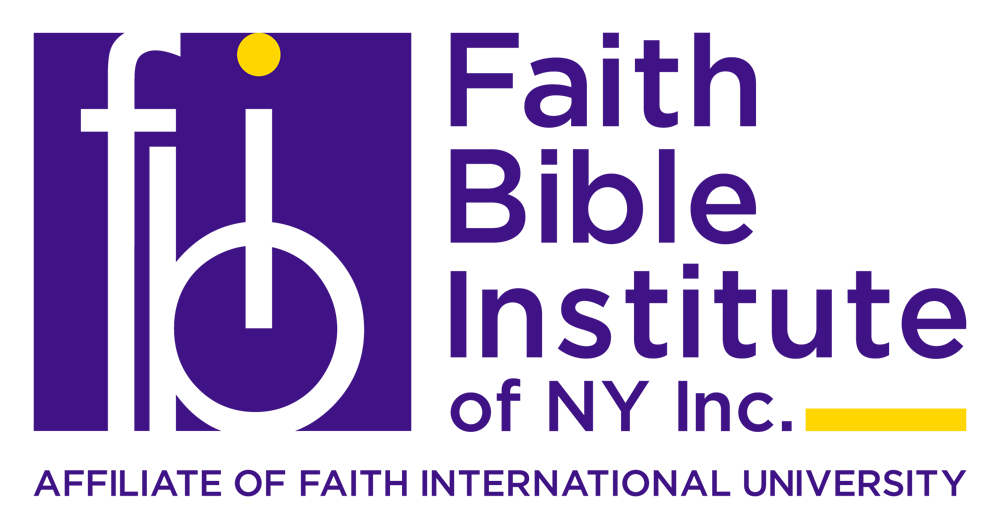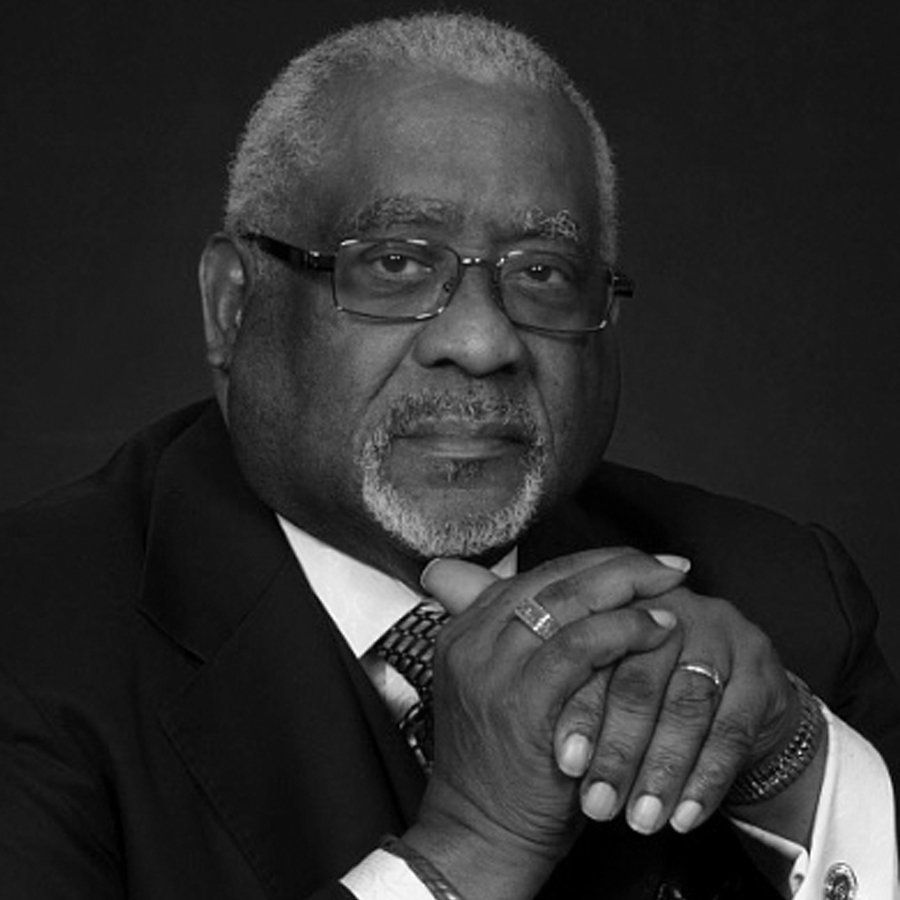INTRODUCTION TO CHRISTIAN ETHICS
INTRODUCTION TO CHRISTIAN ETHICS
In this introduction to the study and practice of Christian ethics, the student will examine philosophical and theological backgrounds for ethics, the role of biblical authority, and the historical relation between church and culture in order to develop a valid method of moral decision making, examine the importance of ministerial ethics, evaluate ethical issues, and lead the church in applying the gospel to life.
Credits: 3
Instructor: Dr. Darren Ferguson
LEARNING OBJECTIVE
By taking this course students will be able to analyze and interpret the biblical text, with attention to the religious beliefs and practices it reflects, using standard scholarly methods and tools. Moreover, by taking this course, they will be able to demonstrate knowledge, with particular attention to origins and historical development, of central texts, beliefs, ethical understandings, and practices of both Judaism and Christianity, insofar as these biblical texts are universally acknowledged to be the foundational religious texts of both these religious traditions.
EXPECTATIONS
Skills (Critical Thinking Skills and Dispositions):
Students in this course will be expected:
1) to "comprehend, paraphrase, summarize, and contextualize the meaning" of various literary genres employed by the biblical authors and the interpretations they have given rise to, in class discussions, quizzes and/or examinations, and, in some sections, essays, based upon a close reading of the biblical text and following upon lectures modeling the application of appropriate theological, historical, literary, and hermeneutical skills;
2) to "evaluate the strengths and weaknesses of varying points of view" in class discussion, quizzes and/or examinations, and, in some cases, essays, upon coming to understand the origins and development of central religious ideas and values against the backdrop of the exigencies of their particular times and circumstances;
and 3) to monitor their own "individual thinking or behavior in order to question, confirm, validate, or correct it" in class discuss or perhaps reflective essays, in which students will be encouraged, for example, to examine the consequences of various and often conflicting interpretations of important biblical texts (e.g., creation in Genesis 1 or the divine promise of the land to Abraham's descendents in Genesis 12) or to probe the basis of their own religious convictions and beliefs after confronting their historical roots in reading and lecture.
PROFESSORS
Dr. Darren Ferguson
Meet Dr. FergusonDr James D. Williams
Meet Dr. WilliamsDr. Damone Johnson
Meet Dr. JohnsonSTART PURSUING YOUR HIGHER EDUCATION NOW!
CONTACT US
JOIN OUR MONTHLY NEWSLETTER
Contact Us
We will get back to you as soon as possible.
Please try again later.






